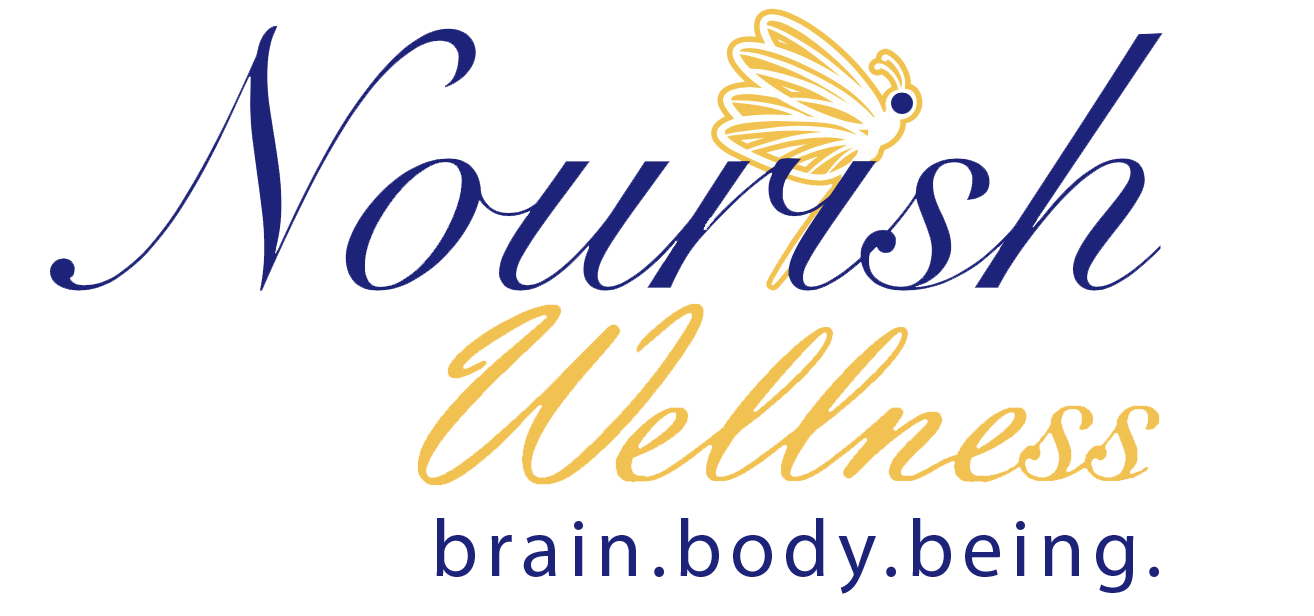Family relationships shape a significant part of our lives, but not all family bonds maintain strong. Estrangement is a term that describes the intentional severing of ties between family members, that can happen for numerous reasons, from unresolved conflicts to incompatible values. When someone is estranged from a family member, they may experience a mix of relief, grief, guilt, and even societal judgment. Let’s explore how to cope with estranged family relationships, understand the healing process, and find strength in self-compassion and resilience.
Understanding Estrangement: A Path to Acceptance
Estrangement isn’t uncommon. Studies suggest that up to 12% of families have experienced some form of separation. This could involve a sibling who no longer speaks, a parent-child divide, or a split among extended relatives. The reasons are diverse and complex, often rooted in differences that become irreconcilable. Acceptance as the first step. Understanding that family estrangement is a real and prevalent experience is essential to accepting your situation. Instead of dwelling on the ideal of what family “should be,” acknowledging what it is in reality can free you from self-blame. This shift in perspective encourages self-acceptance and a move toward personal peace.
The Grieving Process: Embracing Complicated Emotions
Family estrangement often involves a mourning period. Although this grief doesn’t follow a strict timeline, processing it is crucial for healing.
Allow Yourself to Feel
Grieving the loss of a family relationship can bring up an array of conflicting emotions, such as sadness, anger, relief, and shame. Give yourself permission to feel each emotion without judgment. Holding back can lead to unresolved pain, making it harder to move on. Journaling, confiding in close friends, or speaking with a therapist can help you express and work through these complex feelings.
Confronting Guilt and Shame
Estrangement can bring guilt and shame, especially if societal or cultural expectations prioritize family unity above individual well-being. Understand that choosing not to engage with toxic or hurtful family members is a valid decision to protect your mental health. Overcoming guilt means recognizing that prioritizing your happiness doesn’t make you selfish—it makes you human.
Setting Healthy Boundaries:
Boundaries play a critical role in managing estranged family relationships. They help you reclaim control over your emotional space, which can feel especially empowering after a draining or negative family experience. If you choose to engage, decide what topics are off-limits, how long you’ll stay, or even if you’ll attend certain events at all. Stand by your decisions, and practice communicating them calmly and confidently.
Self-Compassion: Finding Comfort Within
Estrangement can shake one’s self-worth, especially if the relationship was abusive or manipulative. Practicing self-compassion helps counteract negative self-perception and empowers you to move forward confidently.
Practice Daily Affirmations
Build a habit of positive self-affirmations to reinforce your self-worth. Remind yourself of your strengths, values, and achievements—these affirmations help reduce the feelings of inadequacy or guilt that estrangement can foster.
Self-Care is Essential
Prioritizing your well-being means caring for your mind, body, and spirit. Incorporate activities that bring you joy and calm, such as exercise, meditation, art, or spending time with supportive friends. By caring for yourself, you’re reinforcing the decision to prioritize a positive and healthy future.
Moving Forward: Developing New Rituals and Traditions
Estrangement can leave a void, especially around holidays or other family-centered events. Developing your own traditions can fill this gap and bring new meaning and joy to your life.
Redefine Family-Oriented Celebrations
Instead of dreading holidays, start new traditions that reflect your interests and values. Host “Friendsgiving,” plan vacations, or volunteer with causes that matter to you. Establishing these new rituals can shift your focus from what’s missing to the connections you’re building.
Find Joy in Solitude
Learning to enjoy your own company is a powerful way to cope with family estrangement. Solitude isn’t loneliness; it’s an opportunity for self-reflection and growth. Take time for introspection, and use solo time to explore your interests, deepen your self-knowledge, and nurture your emotional resilience.
Embracing Peace and Empowerment
Estrangement is an emotional journey that challenges one’s sense of family, belonging, and self. Coping with the reality of estranged family relationships isn’t about forgetting the past; it’s about moving forward with wisdom and compassion. Take it one day at a time, acknowledge your feelings, and don’t hesitate to reach out to supportive people.
In the end, family relationships are about mutual respect, understanding, and love. If those qualities aren’t present, finding peace in separation is an act of self-respect and self-preservation. You’re not defined by the relationships you lose but by the strength and love you build along the way. Embrace your worth, build your chosen family, and prioritize a life filled with healthy, supportive connections.
Reach Out for Professional Support
Estrangement can bring about emotions that may be challenging to handle alone. Seeking the help of a mental health professional can offer guidance, coping mechanisms, and the reassurance that you’re not alone in this journey.
At Nourish Wellness Center, we provide holistic mental, emotional, and spiritual health care to the whole person. We aim to provide the best evidence-based practices with traditional and holistic approaches. We enjoy working with individuals, couples, families, young adults, seniors, and LGBTQ members.
In addition, the Nourish Wellness Center offers ongoing therapeutic events and groups, trauma-informed yoga sessions, energy healing sessions, and workshops. Please visit our Event Page on our website for upcoming dates and details.
Let me know if this article was beneficial and informative by leaving us a message below.
